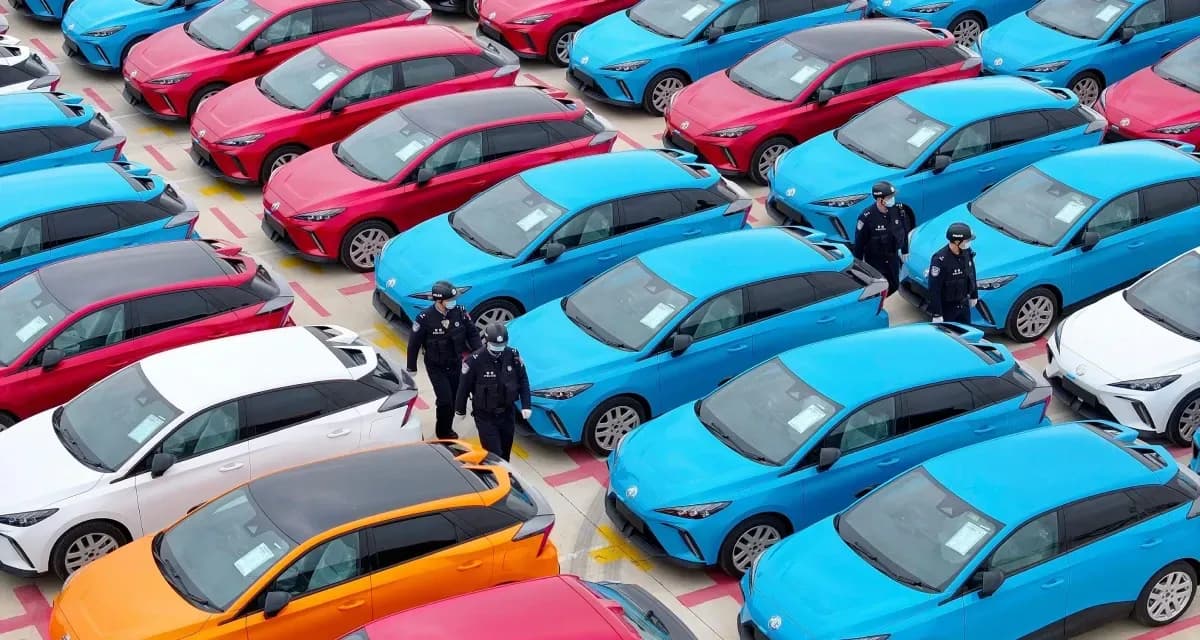Chinese car manufacturers have urged Beijing to impose import taxes of up to 25% on European Union vehicles if the EU goes ahead with its plans to levy tariffs on cars from China. This demand was reportedly made during a closed-door meeting organized by China's Ministry of Commerce, which included representatives from both Chinese and European car companies.
Context of the Meeting
The meeting, attended by four Chinese and six European car companies, aimed to discuss potential countermeasures to the EU's proposed tariffs on Chinese electric vehicles (EVs). This gathering was covered by a social media account linked to state broadcaster CCTV. German automotive giant Volkswagen confirmed its presence at the meeting but refrained from commenting on the discussions. Porsche also declined to comment, while BMW did not immediately respond.
Proposed Measures
Chinese car companies suggested that Beijing should impose a higher provisional tariff within the limits allowed by World Trade Organization (WTO) rules. Specifically, they proposed targeting large-displacement petrol vehicles imported from Europe. This measure aligns with an earlier article by the state-run newspaper Global Times, which advocated for a 25% tariff on cars with petrol engines larger than 2.5 liters.
Bill Russo from advisory firm Automobility noted that targeting luxury or ultra-luxury vehicles with these tariffs would likely have a limited impact on overall volumes due to their niche market.
EU's Tariff Plans
The European Commission (EC) announced last week that it had "provisionally concluded" that Chinese EV manufacturers would face tariffs if discussions with Chinese authorities do not yield an effective solution. The proposed tariffs would range from 21% to 38.1%, depending on the level of cooperation with the EU's investigation, which began in October. These tariffs would be in addition to the existing 10% tariff on all-electric cars produced in China.
US and EU Trade Actions
The EU's actions come on the heels of the US raising its tariff on Chinese electric cars from 25% to 100% last month. The Chinese government has condemned these decisions as protectionist and has initiated retaliatory measures. Recently, China launched investigations into imports of European pork products and signaled similar moves against EU and US chemicals.
Conclusion
The escalating trade tensions between China and the EU could significantly impact the global automotive market. As Chinese car companies push for retaliatory tariffs, the ongoing negotiations and potential outcomes will be closely monitored by industry stakeholders and policymakers.
Also Read:
